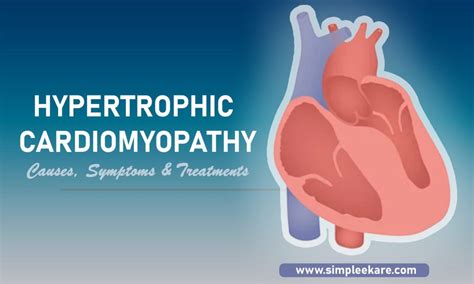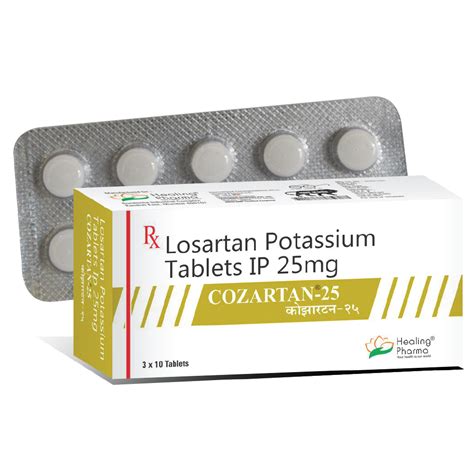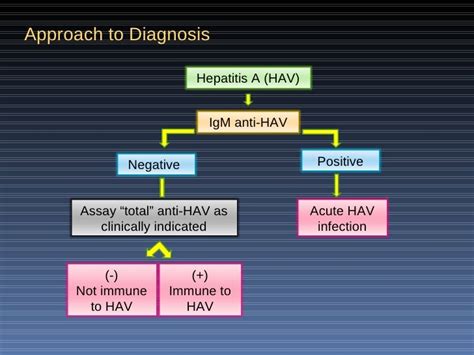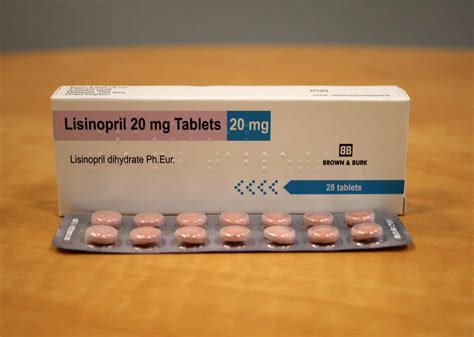Hypertrophic Cardiomyopathy Selfcare

Hypertrophic cardiomyopathy (HCM) is a complex and multifaceted cardiac condition characterized by the thickening of the heart muscle, which can lead to obstructed blood flow and increased risk of heart failure, arrhythmias, and sudden cardiac death. Effective self-care for individuals with HCM involves a holistic approach, encompassing lifestyle modifications, dietary adjustments, and psychological support, all of which are critical in managing symptoms, preventing complications, and enhancing overall quality of life.
Understanding Hypertrophic Cardiomyopathy
Before delving into self-care strategies, it’s essential to have a comprehensive understanding of HCM. This condition is often genetic, caused by mutations in genes that code for proteins of the heart muscle. The symptoms can vary widely among individuals and may include chest pain, shortness of breath, dizziness, fainting, and palpitations. The diagnosis typically involves a combination of physical examination, family medical history, electrocardiogram (ECG), echocardiogram, and sometimes genetic testing.
Lifestyle Modifications
Lifestyle adjustments play a pivotal role in the management of HCM. These modifications not only help in controlling the symptoms but also in preventing the progression of the disease. Key lifestyle changes include:
- Regular but Modified Exercise: While exercise is beneficial for overall heart health, individuals with HCM need to approach physical activity with caution. High-intensity exercise, especially competitive sports, is generally discouraged due to the risk of sudden cardiac death. However, low to moderate intensity exercises like walking, cycling, or swimming, under the guidance of a healthcare provider, can be beneficial.
- Stress Reduction: Chronic stress can exacerbate symptoms of HCM. Engaging in stress-reducing activities such as meditation, yoga, or deep breathing exercises can help manage stress levels.
- Avoiding Certain Substances: Alcohol and caffeine can have negative effects on the heart, particularly in individuals with HCM. It’s advisable to limit or avoid these substances altogether.
- Adequate Rest: Ensuring sufficient sleep and rest is vital. Fatigue can worsen HCM symptoms, so prioritizing a regular sleep schedule and taking rest when needed is important.
Dietary Adjustments
A balanced diet rich in nutrients and low in unhealthy fats and sugars is essential for heart health. For individuals with HCM, specific dietary considerations include:
- Hydration: Staying well-hydrated is crucial, especially during and after exercise, to prevent dehydration which can worsen symptoms.
- Electrolyte Balance: Monitoring and maintaining a healthy balance of electrolytes (such as potassium and magnesium) is important, as imbalances can affect heart rhythm.
- Sodium Intake: While not universally recommended for all heart conditions, individuals with HCM may need to monitor their sodium intake, especially if they have developed heart failure.
Psychological Support
Living with a chronic and potentially life-threatening condition like HCM can have significant psychological impacts, including anxiety, depression, and fear of sudden death. Seeking psychological support through counseling, support groups, or therapy can provide coping strategies and improve mental well-being.
Monitoring and Medical Care
Regular follow-up with a cardiologist specializing in HCM is crucial. This includes:
- Routine Check-ups: Regular monitoring of the condition through echocardiograms, ECGs, and other diagnostic tests.
- Medication Adherence: If prescribed medications, adhering to the prescribed regimen is vital for managing symptoms and preventing complications.
- Implantable Cardioverter-Defibrillators (ICDs): For some individuals with HCM, particularly those at high risk of sudden cardiac death, an ICD may be recommended to automatically correct life-threatening heart rhythms.
Family and Social Support
Having a strong support system of family, friends, and support groups can make a significant difference in coping with HCM. Sharing experiences, challenges, and fears with others who understand the condition can provide emotional relief and practical advice.
Future Perspectives and Research
Continuous research into HCM is aimed at improving diagnosis, treatment, and quality of life for individuals with the condition. Advances in genetic testing, the development of new medications, and innovative therapies offer hope for better management and potentially, in the future, a cure for HCM.
What are the first steps to take after being diagnosed with Hypertrophic Cardiomyopathy?
+After being diagnosed with Hypertrophic Cardiomyopathy, the first steps include scheduling a follow-up appointment with your cardiologist to discuss treatment options, beginning to make lifestyle adjustments such as modifying your exercise routine and diet, and considering genetic counseling if the condition is believed to be inherited.
Can individuals with Hypertrophic Cardiomyopathy participate in sports?
+Participation in sports for individuals with Hypertrophic Cardiomyopathy is generally discouraged, especially competitive sports, due to the increased risk of sudden cardiac death. However, low to moderate intensity activities may be permissible under the guidance of a healthcare provider.
How does Hypertrophic Cardiomyopathy affect daily life?
+Hypertrophic Cardiomyopathy can significantly impact daily life, requiring adjustments in physical activity, diet, and possibly leading to anxiety or depression. Regular monitoring and adherence to treatment plans, as well as psychological support, are crucial for managing the condition and maintaining quality of life.
In conclusion, managing Hypertrophic Cardiomyopathy requires a multifaceted approach that includes lifestyle modifications, dietary adjustments, regular medical monitoring, and psychological support. By understanding the condition, making informed decisions about health and lifestyle, and staying connected with healthcare providers and support systems, individuals with HCM can lead active and fulfilling lives while minimizing the risks associated with the condition.



